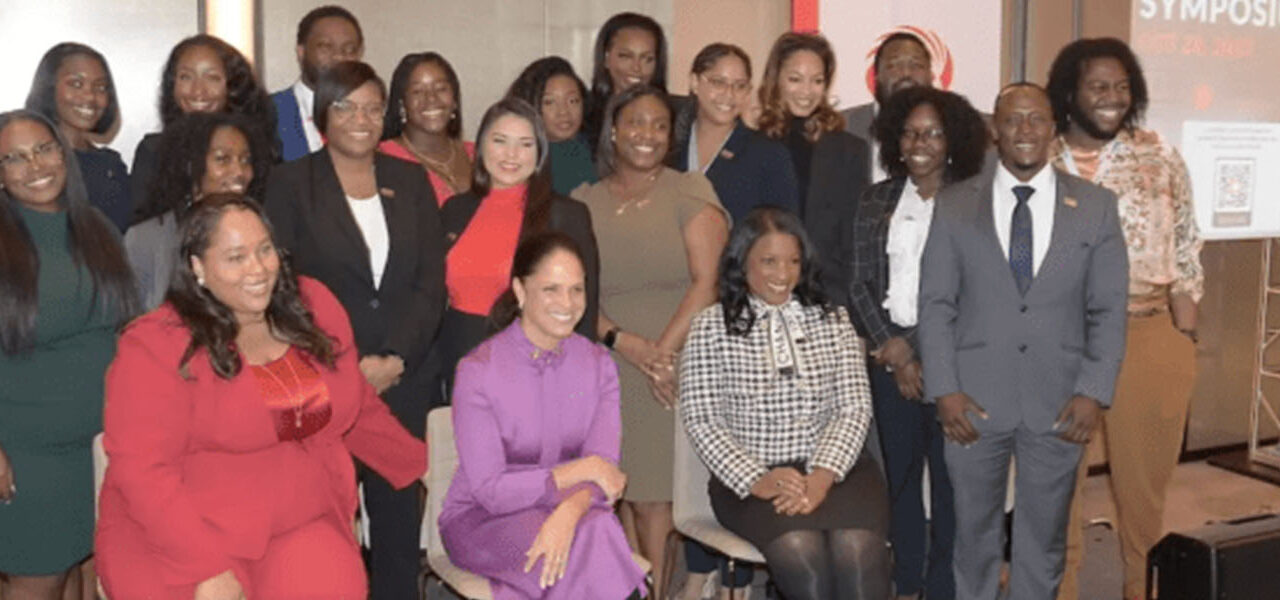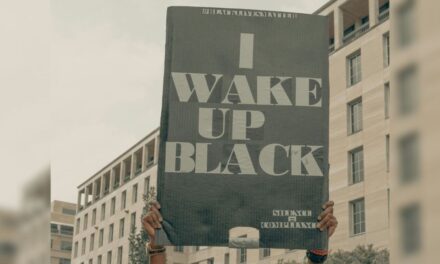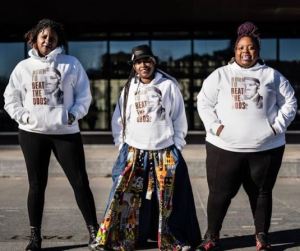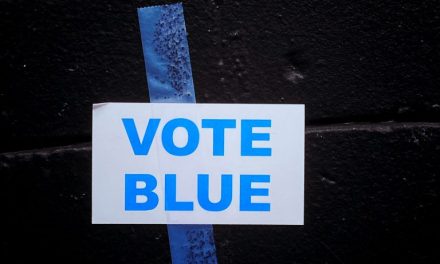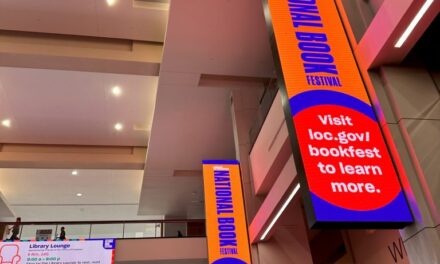By Sam P.K. Collins | The Washington Informer | Word In Black
(WIB) – More than a dozen HBCU law students spent 10 months conducting research and learning from experienced attorneys in their endeavor to tackle racial inequity in the legal system.
Their work culminated in the development of solutions they recently presented before an audience of their peers and advocates during the second annual Equity in Law Symposium.
Law students from D.C., Texas and Louisiana converged on the second floor of the Conrad Hotel in Northwest on Friday, October 28, to present projects designed to tackle various manifestations of racial inequity in the legal system.
Issues addressed at the Equity in Law Symposium included transparency in real estate appraisals, Georgia’s death penalty, marijuana arrests, school resource officers and how to make court appearances easier.
Alexus McNeal, a third-year law student at the University of the District of Columbia David A. Clarke School of Law focused on diversifying law school casebooks so law students can study and analyze more landmark cases involving African Americans.
For McNeal, this particular solution highlighted a moral dilemma African-American lawyers face when they’re navigating a legal system that upholds racial inequity while disregarding their unique outlook and experiences.
“Law is a discipline through which history can be charted through cases,” McNeal said. “By not putting cases that affect us in casebooks, we lack the chance to establish our record of achievement,” she added.
McNeal and her peers represented the second cohort of the LexisNexis African Ancestry Network & LexisNexis Rule of Law Foundation Fellowship.
Since its inception last year, the LexisNexis African Ancestry Network & LexisNexis Rule of Law Foundation Fellowship has advanced a mission to eliminate racial discrimination in the legal system. That work has been documented in “Increasing Equity in the Legal System,” a collection of advocacy papers written by the 2022 fellows.
Students representing member schools in the Historically Black Colleges and Universities Law School Consortium made presentations. Their presentation topics fell into one of 6 cohorts. After each cohort of presenters showcased their project, award-winning journalist and documentary producer Soledad O’Brien, moderator and keynote speaker at the Equity in Law Symposium, engaged them in discussion.
In his presentation, Edrius Stagg, a law student in his last year at Southern University Law Center in Baton Rouge, Louisiana proposed using big data to diversify the jury pool and ensure it accurately reflects the demographics of a jurisdiction where a defendant is facing trial.
For years, attorneys in Louisiana selected prospective adult jurors with no criminal record exclusively from voter and homeownership rolls. Stagg, referencing a criminal defendant who pointed out the danger of this arrangement, said the status quo increased the likelihood of Black defendants not standing before a jury of their peers.
Stagg added that without tapping into readily available data, government officials in Louisiana and elsewhere would not be able to fully guarantee that the jury selection pool accurately represents a wide and diverse range of residents.
“One would think that’s intrusive but this information is public and it’s what people voluntarily give,” Stagg said.
“It’s not as intrusive as it is a means to an end. We’re making sure that all accused persons are given the opportunity [to a fair jury trial]. It’s about creating a different avenue for the government to create this list and increase the diversity.”
In her presentation, Brianna Joaseus highlighted Tate v. Austin, a court case in which a Black couple alleged racial discrimination in the home appraisal process. Her project, a checklist that targets biases and discriminatory practices, takes into account the gaps in the housing laws that appraisers and others have used to marginalize non-white homeowners.
“This will substantially impact minority consumers to help them keep their land,” said Joaseus, a third-year law student at Southern University Law Center. “The monumental part of my project is about generational wealth. This is hopefully a solution.”
This post was originally published on The Washington Informer.
The post Law Students Tackle Racial Inequity in Legal System appeared first on NNPA Education Public Awareness Program.

